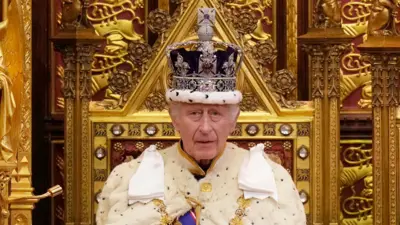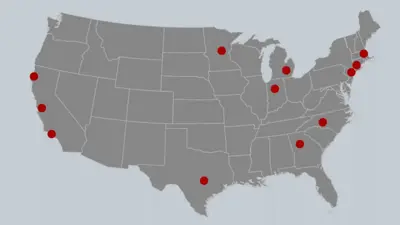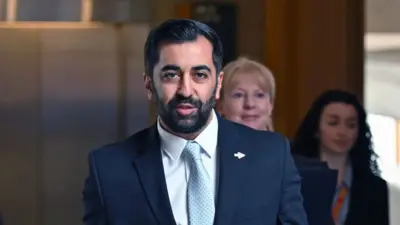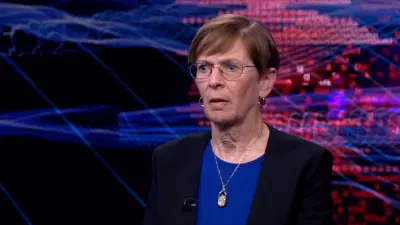We've updated our Privacy and Cookies Policy
We've made some important changes to our Privacy and Cookies Policy and we want you to know what this means for you and your data.
Most families will not get blood scandal payout, victim's son says
A Coventry man whose father died after being given infected blood in the 1970s and 1980s has criticised the government's compensation scheme.
Victims of the infected blood scandal will receive interim compensation payments of £100,000 each, as recommended by a public inquiry.
The scandal saw thousands infected with HIV and Hepatitis through contaminated blood products.
The government said it was "taking action to do right by victims".
But Jason Evans said hundreds of affected families would miss out.
The campaigner's father, Jonathan, died in 1993, after he contracted both HIV and hepatitis C during treatment.
Jason Evans was just four at the time, but speaking on Wednesday said families where relationships had broken down or widows and widowers had died would not get the payouts.
"It's the government's classic trick," he said.
"They put out a press release last night saying we're going to pay £100,000 to those impacted by the contaminated blood scandal.
"But the devil is truly in the detail."
He said that of 1,200 haemophiliacs infected with HIV, only 457 families would receive the compensation, due in October - the 229 victims who were still alive and 228 bereaved partners.
This means 63% of those families would miss out, Mr Evans said.
In all, some 4,000 victims of the infected blood scandal, including those with other blood disorders, are set to receive interim payments.
'Marital status'
However, some partners, children, siblings and parents of those who had been infected are set to miss out.
"It really seems like discrimination on the basis of marital status," Mr Evans said.
"This impacts those who are most ill who will die in the next two months, whose families won't get anything."
He said the compensation scheme, however, did represent a "step forward".
"For those getting this money by the end of October, it will allow them some degree of financial freedom, the likes of which they've never had.
"Many of them are deeply unable to work, to put it mildly, and in very bad health as a result of what was done to them."
The compensation package, which will be tax-free, has been recommended by the public inquiry and marks the first time payouts for items such as loss of earnings, care costs and other lifetime losses.
It could also be just the first stage of compensation payments, as the inquiry is looking into whether more should be paid to a greater number of people.
Boris Johnson said while nothing could make up for the pain of losing a family member, he said the government was trying "to do right by victims".
Follow BBC West Midlands on Facebook, Twitter and Instagram. Send your story ideas to: newsonline.westmidlands@bbc.co.uk
Top Stories
Features & Analysis
Most read
Content is not available








